When running an ultra marathon of any distance, anything can go wrong. You are on your feet for hours, often alone, getting progressively more tired, hungry, and anxious: there will undoubtedly be some factors you cannot control on race day, but you’ll just have to keep going.
If you’re planning to run your first ultra marathon or are a novice to ultra running, read on to learn the 7 common mistakes that almost all runners make. Learn from these mistakes to avoid making them in the future!
1. Running when you’re injured
When you’re training for an ultra, it can be easy to think that you’re invincible and ignore small problems. However, tiny injuries, such as a hamstring issue or hurting shins, can become big problems if not dealt with early on. If you notice something doesn’t feel quite right, it’s better to take time off and deal with it ASAP rather than waiting for it to become a potentially race ending issue later on. Nothing is worth risking your health and well-being.

2. Bad pacing
At ultra marathons of all distances, runners (even experienced ones!) will start off as if they are running a 10km. It’s hard to not let the nerves and adrenaline get to you, but good pacing pays off later in the race. Of course, you can’t afford to be too slow, but it can be helpful to start slower than you think is necessary at first. The longer the ultra, the more this matters. To be successful on race day, you should practice pacing during training sessions.
3. Not eating enough during training runs
To have a successful performance in an ultra marathon, you will need to consume somecarbohydrates, such asenergy bars, gels, or dried fruit, during the race. Therefore, start training your gut during regular training sessions to build up your gut tolerance. You can do this by eating anywhere from 40-60 grams of carbs each hour during longer runs. Your body will eventually get used to digesting while exercising!
4. No variation in race foods
With all the excitement that comes on race day, it can be easy to forget a well thought-outnutritional strategy. Many runners only pack gels for the race, not realizing that eating the same thing can get extremely mundane. Eating while running is already a difficult task, so why make it even harder? Try to have some variation in foods: carry sweet, salty, soft, and hard foods. Remember thatnutrition is just as important as training: your diet plan has a huge impact on your performance! Need some recommendations? Try out Näak Ultra Energy™ bars, available in 7 delicious flavors!

5. Training on a different terrain than your race
Before your race, study your race course! Knowing the terrain of your course will help you train accordingly: you don’t want to only train on flat roads if your race is going to be hilly. Therefore, if your ultra is going to be on pavement, train on pavement. The same goes for if your race is on dirt, steep uphills and downhills, flat ground, rocks, or a mix of all of these. Of course, add in some variation, but you’ll definitely be better prepared if a majority of your training sessions match what you’re running come race day.
6. Falling into the same routine
It can be easy to get into the habit of training on the same route at the same pace. Unfortunately, this won’t increase your fitness and gets pretty boring. Focus on progressive overload and variation: mix up your training sessions with hill-workouts, tempo runs, speed sessions, and long runs. Additionally, supplement running with other activities like cycling, hiking, swimming, and strength training.
7. No recovery time after the race
While it’s easy to get addicted to the sport, after an ultra, you (and your body) need to have proper rest and recovery. You may feel eager to get back on the road, but training too soon could be detrimental to your body’s recovery process. It’s recommended to take one day of complete rest for every 10 miles race, although the time of recovery also depends on vertical gain, how experienced you are, and most importantly, how you feel.

Ultra running has been taken up by many of Näak’s athletes as a way to push physical and metal limits and redefine what is physically possible, which is why we compiled this list of tips to help! Keep in mind that when running an ultra marathon, it is almost inevitable that things will go wrong and you will make mistakes. However, the most important thing is how you deal with them. If you want some more tips, check out thisarticle about the top 5 nutrition tips for ultra runners!
If you have any more words of wisdom to share with other runners, leave us a comment below!























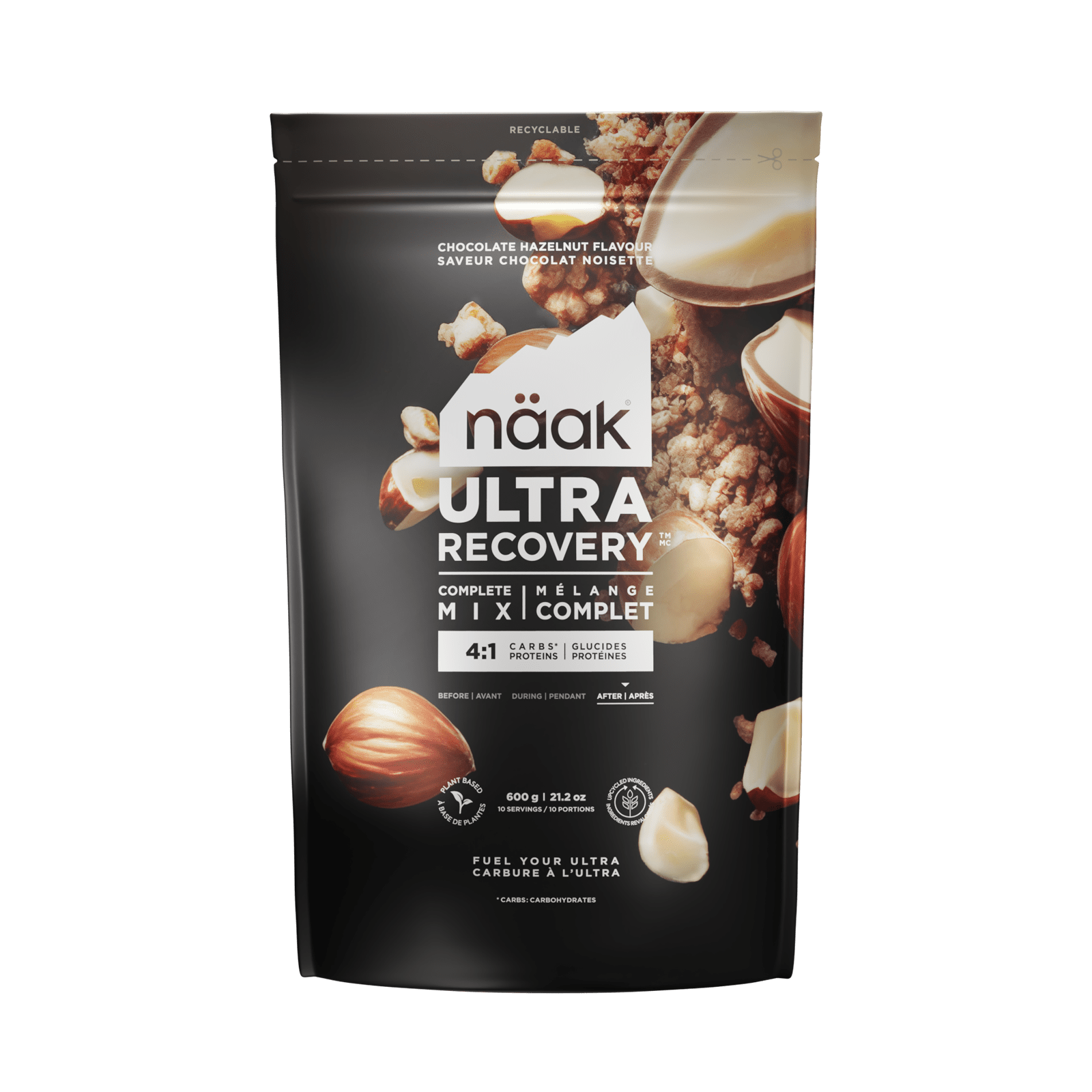
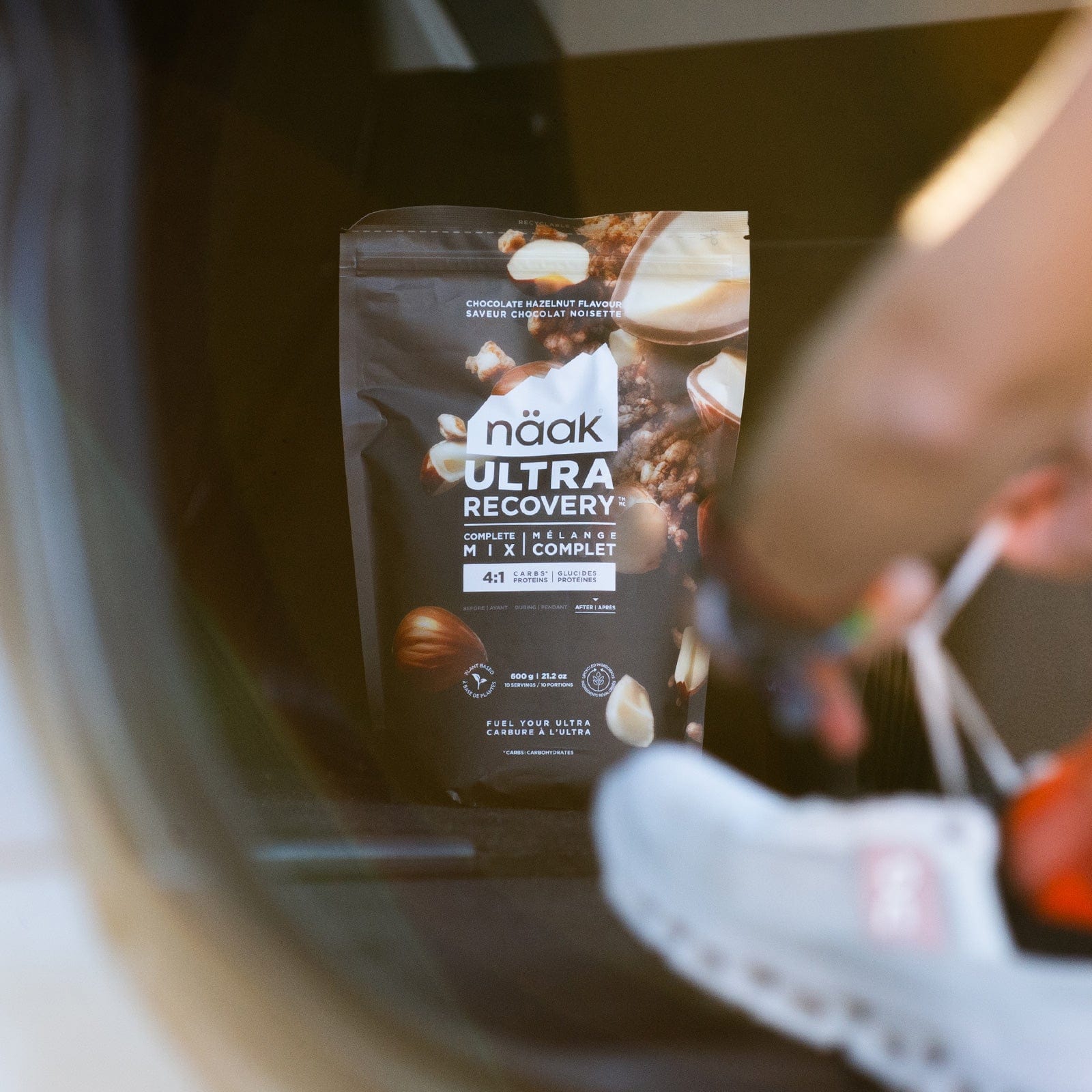
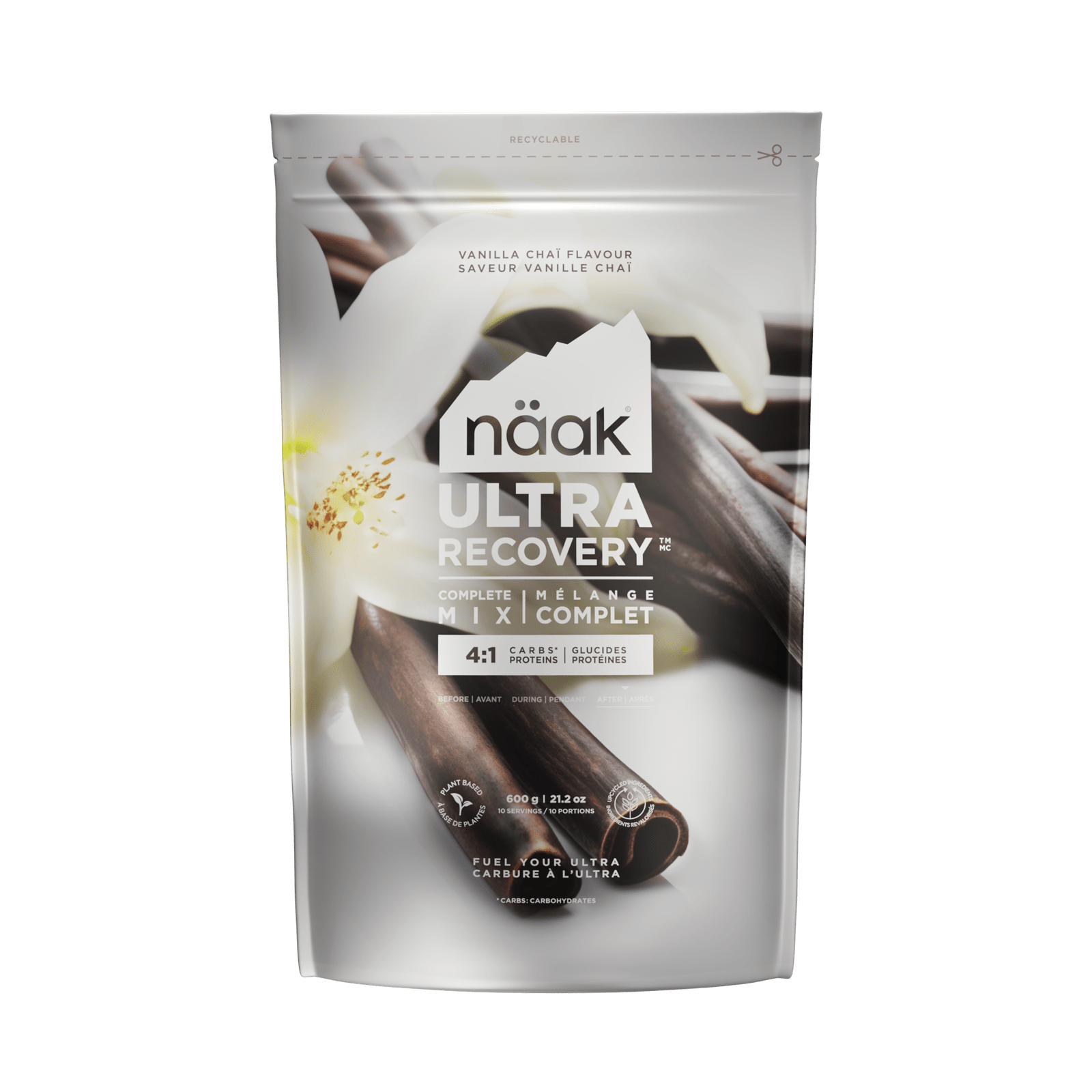
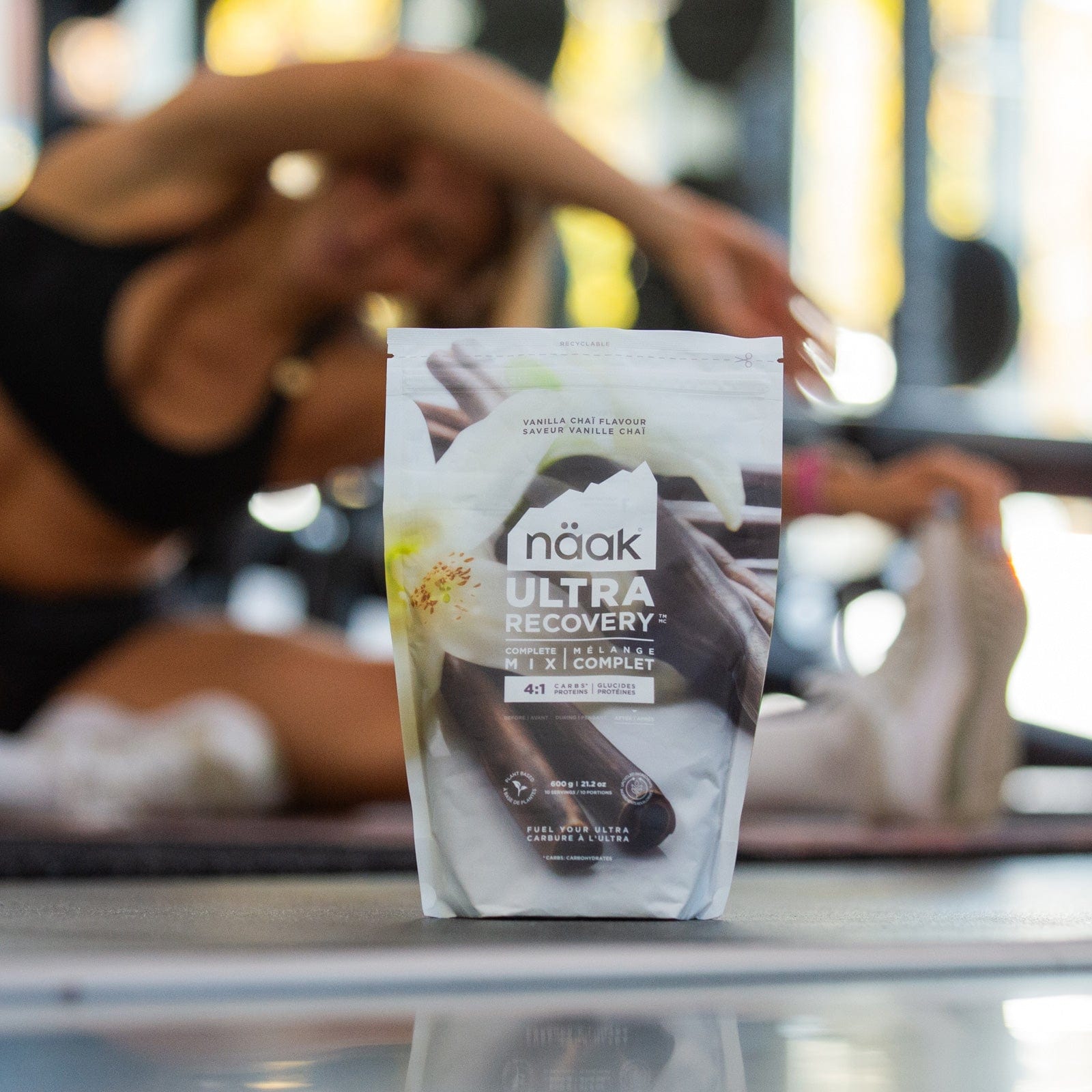



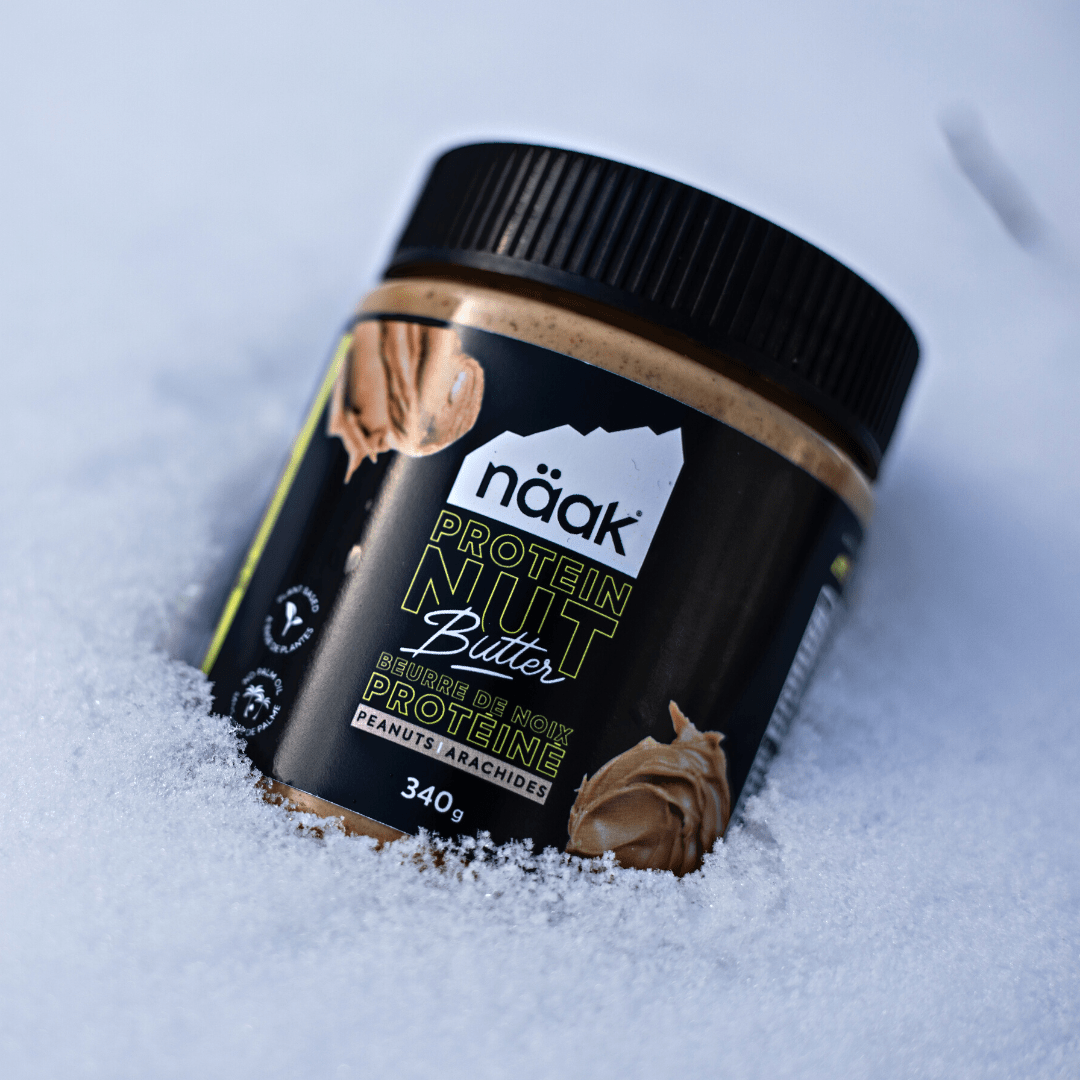
Leave a comment (all fields required)